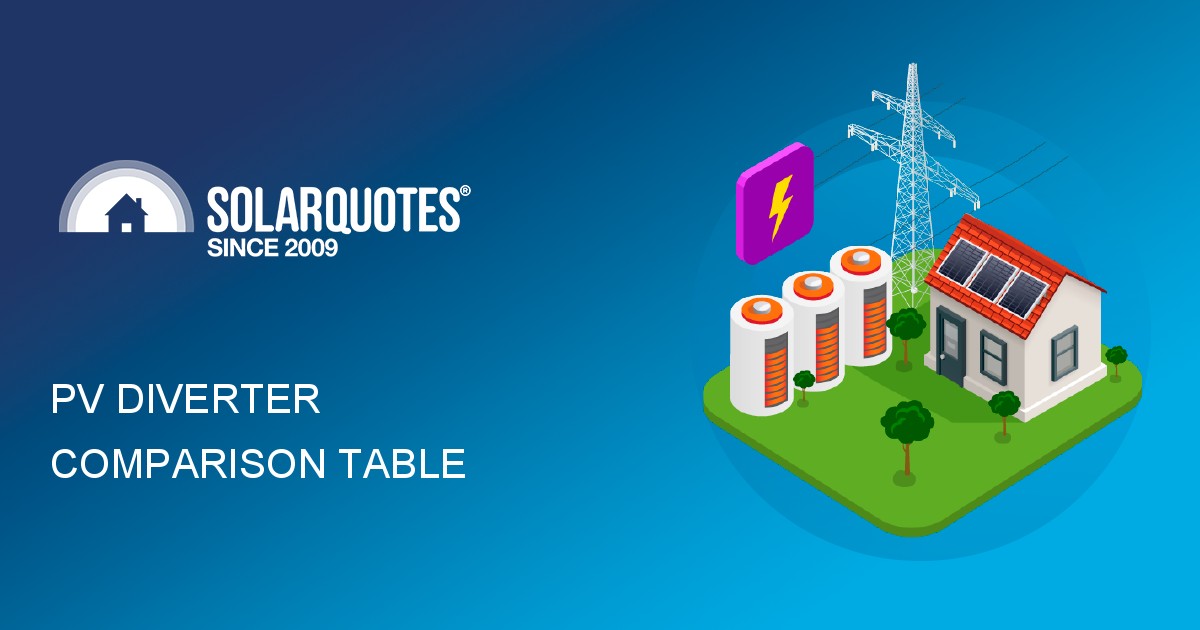Not quite sure what you want, but you canlook at thermocouples for exhaust ports. Short story is after I looked at these, they’re simply to expensive and produce so little power, you can never justify the cost unless you luck up on someone getting rid of one that has no idea what it is.
If you mean turning on a 500 watt space heater once your battery is low and energy production is down, than I’m sure if you new scripting that could be done pretty easy.
Most of us mere mortals just turn the propane fridge to electric mode after our batteries are charged, but I do end up regretting this when I forget. I’m sure there’s a way to automate that process.



